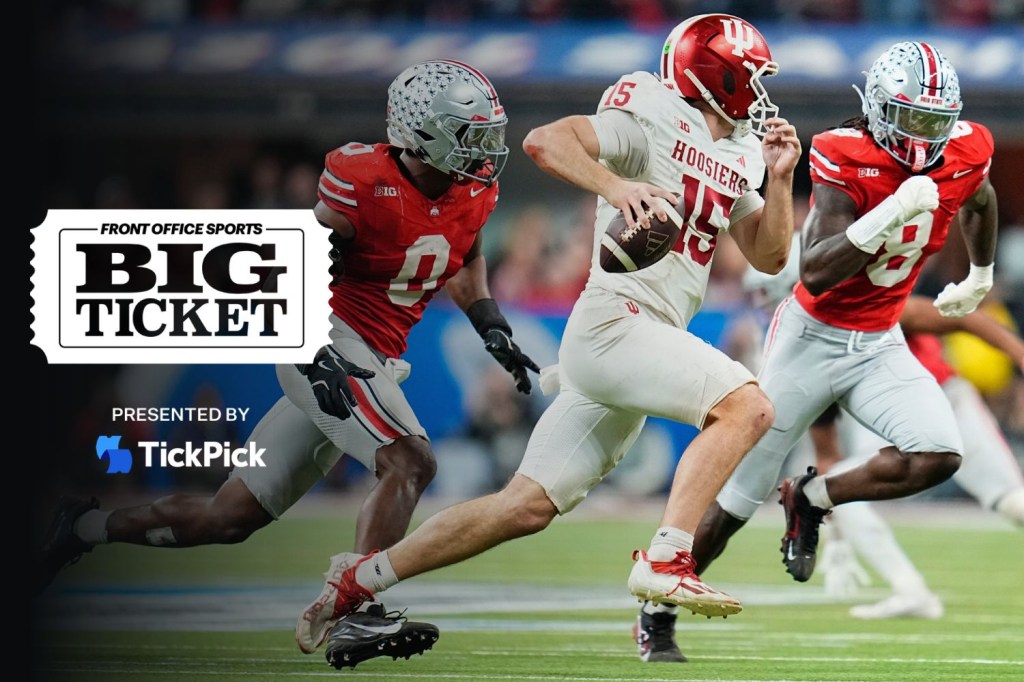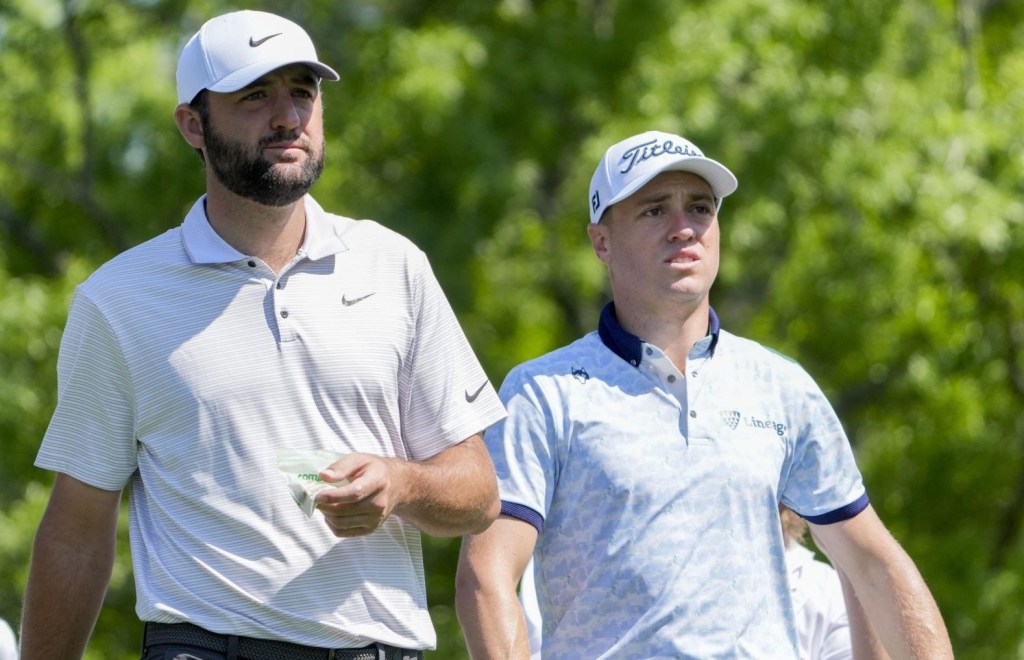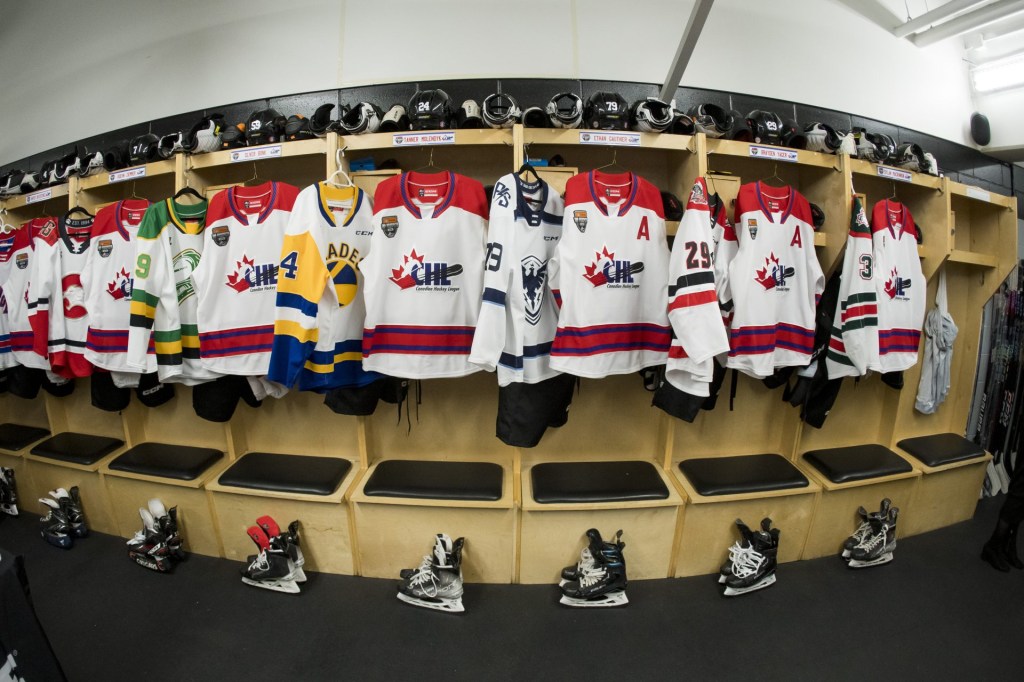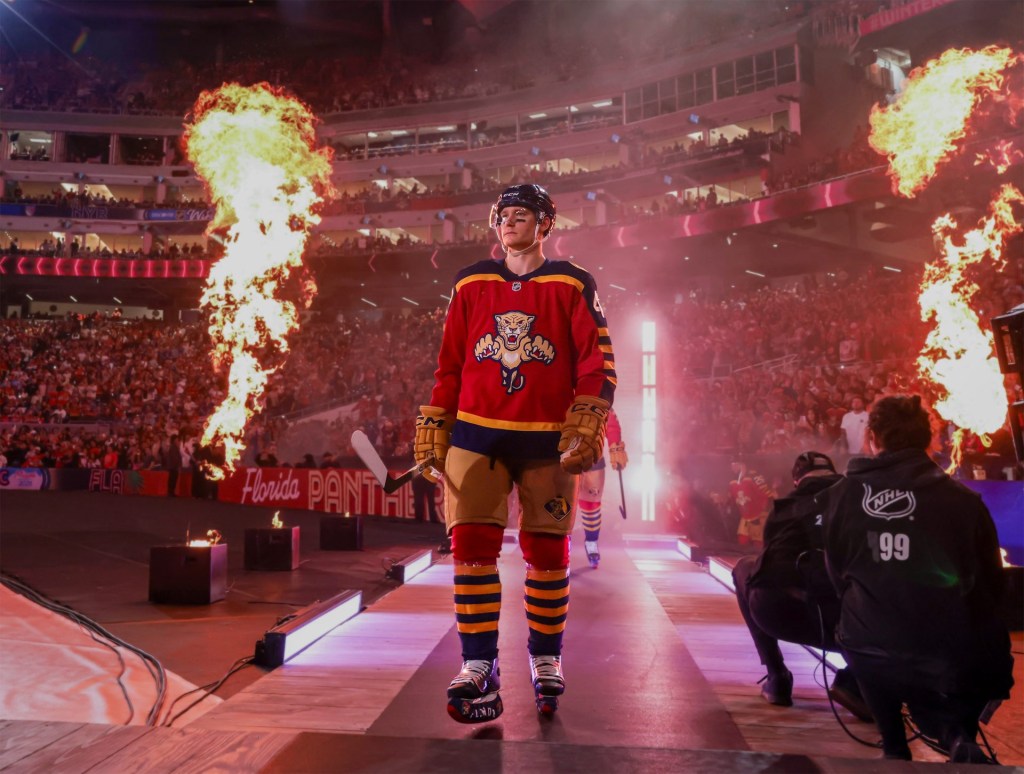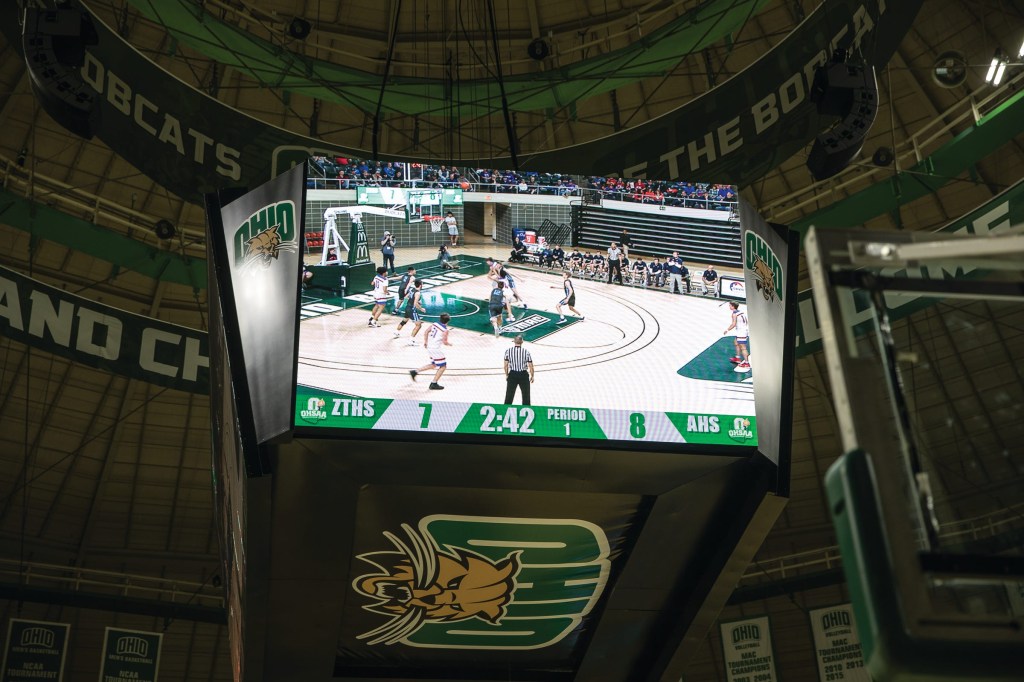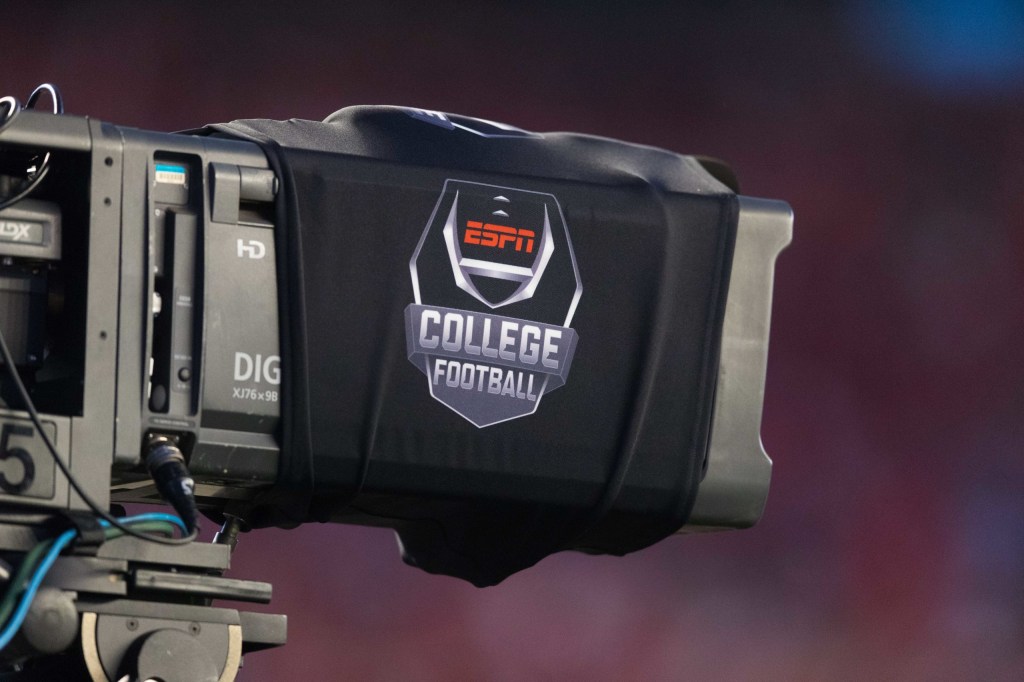This article is powered by the SMU Sport Management Program.
By: Thomas Phelps, @phelpsgs

Being able to work in sports for well over two decades, I have been blessed to being privy to seeing behind the curtain of many organizations. On one such occasion, I was receiving a private tour of an expansion franchise and its beautiful new arena. The game that was to be played later on that night was on a weeknight against a non marquee opponent. While the event was not going to be a sellout, it wasn’t going to be an embarrassment attendance wise.
The executive who was conducting the tour commented that the lack of attendance was due to the fact that the team was 15 games under .500 and that the staff had been banking on more wins. With that being said, the lesson to be learned is not to base your sales and marketing plans on a teams on field performance.
When you work in a front office for a sports team you can control the customer service, as well as the selling, marketing, and community relations of the team, but there are some things that cannot be controlled like player injuries, locker room chemistry, and coaching.
If you want to become a successful sports executive, you have to be professional in the actions you can control. To do this, you have to master customer service, selling, and all other responsibilities that relate to what you have control over. Often, when I meet a contemporary working for a team, I ask them how are things going. If they go into a soliloquy about team performance, I know they do not really understand how to be successful working in sports.

Once again, a sports administrator cannot control wins and losses of a team. The key is not to promote team performance, but to promote the atmosphere and experience of the event. At the end of the night, most fans will care more about the on-field promotions, the attitude of the game day workers, and the pageantry they will experience during the event rather than the actual score.
Don’t believe me? The following are a few examples of how overall experience trumps on field performance.
When I worked in the NBA D-League, our team hosted what was at the time the largest crowd in the history of the league. The game pitted the worst team in the league (ours), versus the next to worst team. Both teams had been eliminated from the playoff consideration and were playing for pride. The crowd came together through multiple promotions, marketing and a favorable scheduling date.
Throughout my career, I have been lucky to be a part of two other organizations who led the nation in attendance. While off the field the teams were tops in attendance, on the field they were suffering through their worst records in over one hundred years of competing. Even with the horrible records, we were able to pack the stands through aggressive sales, grass roots marketing and proper customer service. The atmosphere, price, and promotions sold the patron on the event not the win/loss record.
Although you are selling the games on experience and pageantry, you shouldn’t be oblivious to on field activities. Personally, I love to use the politician approach when it comes to knowing about the on field success of the team. In politics, a person may not know everything about every subject, but they can carry a conversation by knowing 10% about a subject. In sales, it is good to know enough to carry a conversation about the team and know important facts, but don’t dedicate all your time to team performance.
Records may not always be the best and things may go wrong, but in sales, it is important for a person to tout things they can control to a patron and then do their job to make sure all these things work in order for that patron to walk away with a positive experience win or lose.

